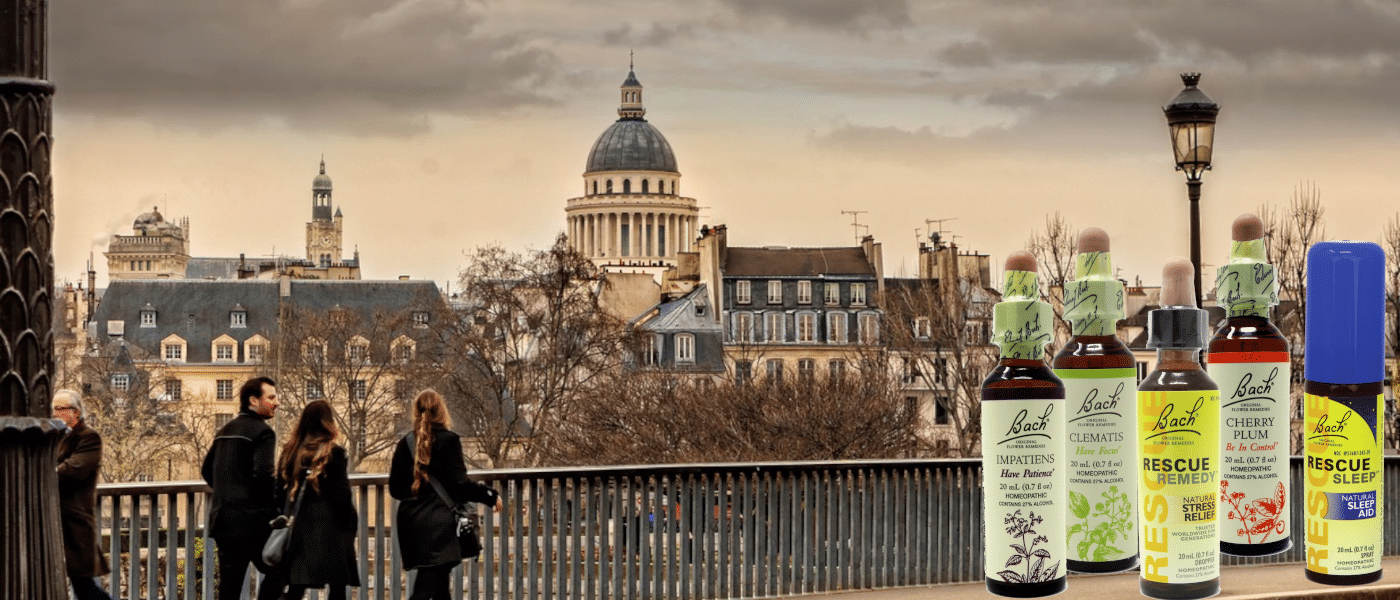A recent National Sleep Foundation poll reveals that women are not getting enough sleep. According to the poll, “More than half of American women (60%) say they only get a good night´s sleep a few nights per week or less and 67% say they frequently experience a sleep problem. Additionally, 43% say that daytime sleepiness interferes with their daily activities. Women’s lack of sleep affects virtually every aspect of their time-pressed lives, leaving them late for work, stressed out, too tired for sex, and having little time for their friends.
The NSF poll revealed that working women (72%) and single working women (68%) are more likely to suffer symptoms of sleep disorders like insomnia. The report also states that 74% of stay-at-home mothers experience symptoms of insomnia at least a few nights per week; and that as many as 59% wake up feeling tired.
According to the NSF, lack of sleep is associated with poor mood and 79% of women polled report feeling stressed and anxious.
“People who have trouble sleeping often develop elaborate routines over time,” says Phil Gehrman, Ph.D., CBSM, assistant professor of psychiatry and clinical director of the Behavioral Sleep Medicine program at the University of Pennsylvania in Philadelphia. “They become very sensitive to anything they think might threaten their sleep, and one of the things that can disturb sleep is a bed partner.”
We are buried by radio and TV advertising for sleep medications, and even our own doctors are overprescribing sedatives and sleep-inducing pharmaceuticals. Sleep-inducing pharmaceutical products can cause more problems than they solve. A study commissioned by the Food and Drug Administration reported that sleep medications can cause sleepwalking, sleep-eating, and even sleep-driving. The more bizarre and dangerous behaviors are linked to sedative-hypnotic products, the class of drugs that help a person fall asleep and stay asleep. A serious consequence of pharmaceutical sleep products is allergic reactions, which on accession are serious enough to cause death.
According to Richard Gelula, the NSF´s CEO, “People who sleep well, in general, are happier and healthier.” When sleep is poor or inadequate, people feel tired or fatigued, their social and intimate relationships suffer, work productivity is negatively affected, and they make our roads more dangerous by driving while sleepy and less alert.
Concerns about feeling sleepy at the wheel are nothing to snooze at. The National Highway Traffic Safety Administration estimates that drowsiness accounts for 100,000 police-reported automobile crashes each year. An NSF report on a study by Knipling and Wang (Office of Motor Carrier Research and Standards Federal Highway Administration) showed that car accidents related to sleep deprivation resulted in more than 1,500 fatalities and 71,000 injuries per year.
There is good news for men and women alike who dream of a happy and satisfactory life in and out of the bedroom. Bettina Rasmussen, the CEO of BachFlower.com announce that at last a non-habit forming and fast-acting natural sleep aid from the makers of Bach Rescue Remedy® is available for purchase. Bach Flower has been a trusted name in natural non-addictive remedies for more than 80 years. Bach Flower Remedies have an enthusiastic following which includes Dr. Oz (Dr. Oz Show), Dr. Phil (Dr. Phil Show), Oprah Winfrey; and many public figures that live under a lot of stress, such as Selma Hayek, Emma Watson, Jennifer Anniston, Cate Blanche, Martha Stewart, and countless others.
According to Bettina Rasmussen, Bach Flower Rescue Sleep and Rescue Sleep Melts are now available at your favorite health food and nutrition stores; or can be ordered conveniently online at www.DirectlyFromNature.com or by calling 800 214 2850.
Tips for Better Sleep
Look up your Chromo Type for Sleep, people with the Dolphin Chromo Type are often suffering from Insomnia and will benefit by going to bed late and exercise early morning.
Go to bed and get up at the same time each day.
Avoid caffeine, nicotine, beer, wine, and liquor four to six hours before bedtime.
Don’t exercise within two hours of bedtime.
Don’t eat large meals within two hours of bedtime.
Don’t nap later than 3 p.m.
Sleep in a dark, quiet room that isn’t too hot or cold for you.
If you can’t fall asleep within 20 minutes, get up and do something quiet until you feel sleepy.
Wind down in the 30 minutes before bedtime by doing something relaxing, such as
reading or listening to music.
Learn more about the Bach Flower Remedies at www.BachFlower.com
Questions info@BachFlower.com
#OriginalBachFlower



